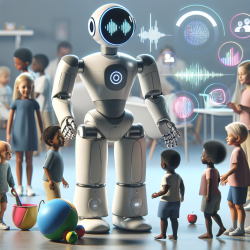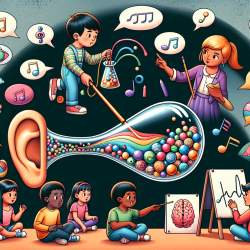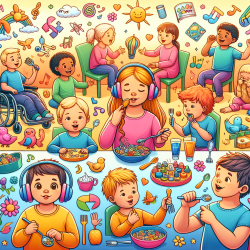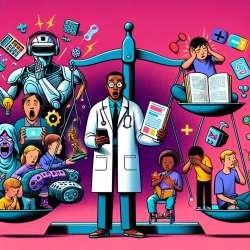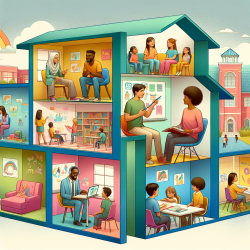In the evolving landscape of pediatric healthcare, innovative technologies such as social robots are showing promise. A recent scoping review titled Can social robots help children in healthcare contexts? A scoping review explores the current state of research and its implications for practice. This blog post aims to provide practitioners with actionable insights from the review to enhance their skills and encourage further research.
Understanding the Potential of Social Robots
Social robots are designed to interact with humans in a socially meaningful way, making them suitable for various healthcare applications. The scoping review analyzed 73 publications, focusing on the use of social robots to assist children with mental or physical health conditions. The key findings suggest that social robots can serve multiple roles:
- Companion: Providing comfort, reducing anxiety, and offering companionship.
- Educator: Teaching and coaching children on managing chronic conditions like diabetes.
- Therapy Assistant: Engaging children in therapeutic activities and exercises.
- Telepresence: Connecting hospitalized children with their school and social networks.
Key Findings and Implications
The review highlighted several promising outcomes, although the quality of evidence remains low due to the limited number of randomized controlled trials (RCTs) and small sample sizes. Key findings include:
- Social robots were generally well-accepted by children, parents, and healthcare providers.
- Robots like NAO, which are commercially available and customizable, were most commonly used.
- Positive impacts were noted in reducing anxiety, anger, and depression in children with chronic conditions like cancer and diabetes.
- Robots demonstrated potential in improving adherence to treatment protocols and educational activities.
Practical Applications for Practitioners
For practitioners looking to integrate social robots into their therapeutic interventions, the following steps can be beneficial:
- Start Small: Begin with feasibility studies to understand the acceptance and usability of social robots in your specific setting.
- Customization: Customize the robot's interactions to meet the unique needs of each child, enhancing engagement and effectiveness.
- Collaborate: Work with multidisciplinary teams, including engineers and psychologists, to optimize the robot's functionality and integration into therapy sessions.
- Monitor and Adapt: Continuously monitor the child's interaction with the robot and adapt the robot's behavior based on feedback and observed outcomes.
Encouraging Further Research
The review underscores the need for higher-quality research to validate the effectiveness of social robots in pediatric healthcare. Practitioners are encouraged to participate in or initiate research studies, focusing on:
- Conducting RCTs with larger sample sizes to provide robust evidence.
- Exploring the long-term impact of social robots on children's health and well-being.
- Investigating the role of cultural differences in the acceptance and effectiveness of social robots.
To read the original research paper, please follow this link: Can social robots help children in healthcare contexts? A scoping review.
By leveraging the insights from this review, practitioners can make data-driven decisions to enhance therapeutic outcomes for children, ultimately contributing to a more innovative and effective healthcare system.
